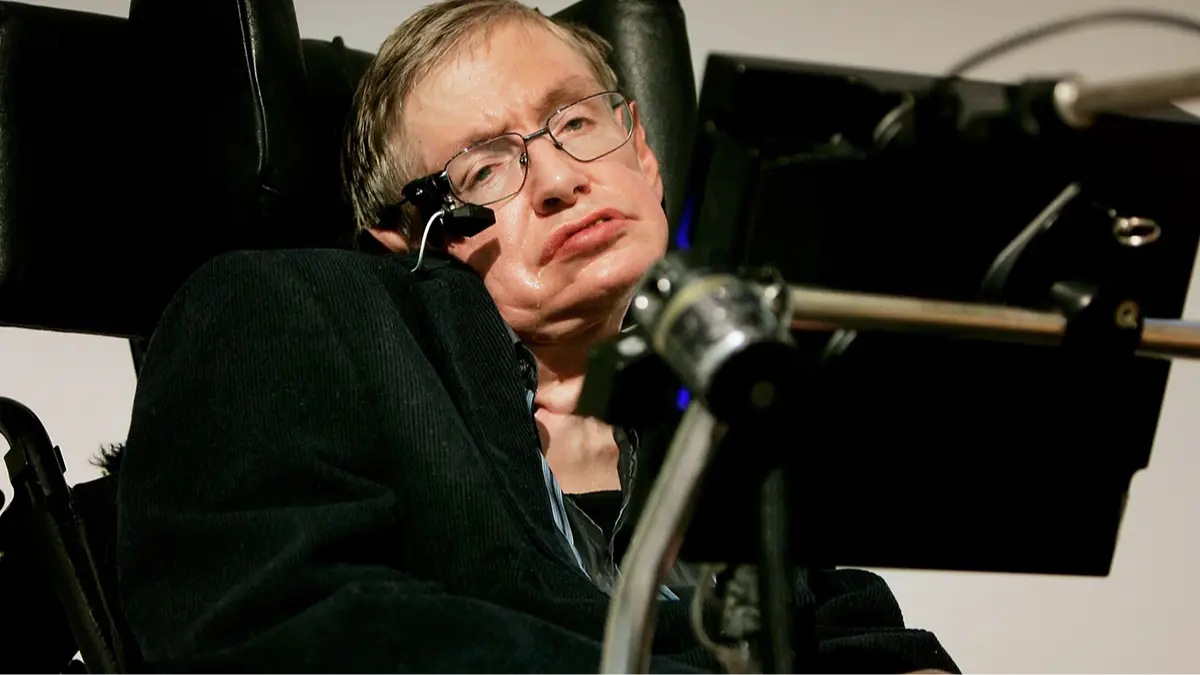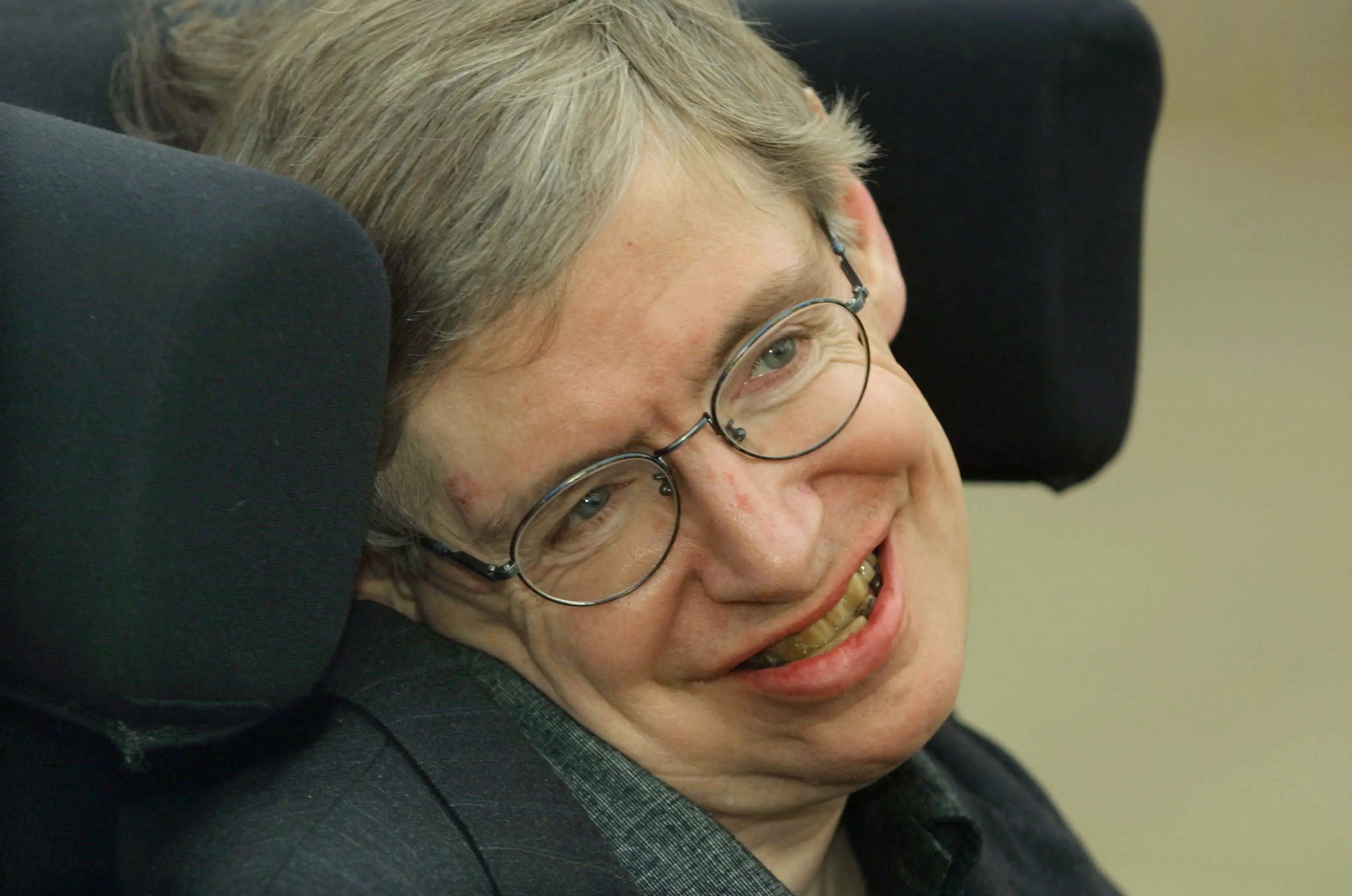
Topics: Science, Religion, World News, Celebrity
Stephen Hawking may be known for solving complex theoretical physics and cosmological problems, but he had the 'simplest explanation' when questioning whether God exists.
Given the clash which often occurs when it comes to science and religion, you may have a sense of where this is going.
However, as one of the world's most famous and renowned scientists, Hawking decided to look at the two typically opposing sides and compare them on the basis of their 'laws' per say.
Hawking - who passed away in 2018 at the age of 76 - was a world-renowned theoretical physicist, cosmologist and author, best known for his work in the fields of general relativity and quantum gravity alongside writing a book titled The Theory of Everything: The Origin and Fate of the Universe (2002).
Advert
Speaking about his disability in his final book, Brief Answers to the Big Questions, Hawking discussed the idea of God and religion, writing: "For centuries, it was believed that disabled people like me were living under a curse that was inflicted by God.
He continued: "Well, I suppose it's possible that I've upset someone up there, but I prefer to think that everything can be explained another way, by the laws of nature.
"If you believe in science, like I do, you believe that there are certain laws that are always obeyed. If you like, you can say the laws are the work of God, but that is more a definition of God than a proof of his existence."
Hawking then went on to share his opinions on the possibility of a God or life after death.
He voiced: "We are each free to believe what we want and it’s my view that the simplest explanation is there is no God.
"No one created the universe and no one directs our fate. This leads me to a profound realization, there’s probably no Heaven and no afterlife, either. We have this one life to appreciate the grand design of the universe and for that I am extremely grateful."
And he echoed a similar sentiment during an interview with The Guardian.

He said: “I regard the brain as a computer which will stop working when its components fail.
"There is no heaven or afterlife for broken down computers; that is a fairy story for people afraid of the dark."
However, that's not to say Hawking - who was was diagnosed with Amyotrophic Lateral Sclerosis (ALS), a type of motor neurone disease, in 1963, when he was just 21-years-old. - didn't find solace and meaning elsewhere.
He said, as per the New York Times: "Remember to look up at the stars and not down at your feet. Try to make sense of what you see and wonder about what makes the universe exist.
"Be curious. And however difficult life may seem, there is always something you can do and succeed at."